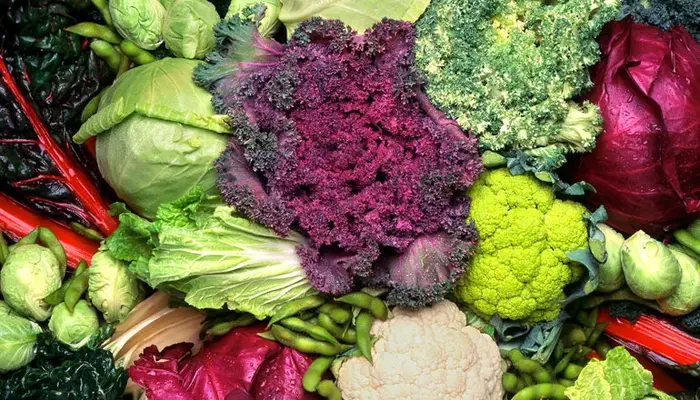
Recent research highlights the potential of cruciferous vegetables in managing blood pressure. A study conducted in Australia and published in BMC Medicine investigated the effects of consuming these vegetables on adults with mild hypertension. The findings suggest that incorporating vegetables such as broccoli, cauliflower, and kale into the diet may support blood pressure regulation.
Study Overview
The study involved 18 participants aged 56 to 72 with mild to moderately high blood pressure. Over a two-week period, researchers asked participants to consume four daily servings of cruciferous vegetables. This intervention contrasted with a control period during which participants ate root and squash vegetables instead. The results showed a notable decrease in 24-hour brachial systolic blood pressure, averaging a reduction of 2.5 mmHg after the cruciferous vegetable intervention.
Importance of Diet in Blood Pressure Management
Despite the small sample size, this research underscores the importance of diet in managing blood pressure. Emma Connolly and Lauren Blekkenhorst, affiliated with the Nutrition and Health Innovation Research Institute at Edith Cowan University, emphasized the study’s implications for reducing cardiovascular disease risk. They noted that the observed decrease in blood pressure could translate to a potential 5% lower risk of major cardiovascular events.
Christopher Berg, a cardiologist not involved in the study, acknowledged the significance of dietary choices in influencing blood pressure. He highlighted the unique micronutrient profile of cruciferous vegetables as likely contributing to the positive outcomes observed. These vegetables are rich in vitamins, minerals, and phytochemicals that may enhance vascular health.
Read: Turkish TikToker Kubra Aykut Who Married Herself Commits Suicide
Limitations and Future Research
However, the study has limitations. The small and predominantly white female participant pool, combined with the short duration, suggests that further research is necessary to confirm these findings across a more diverse and larger population. Additional studies could also explore which specific components of cruciferous vegetables are most beneficial for blood pressure management.
Karen Z. Berg, a registered dietitian nutritionist not involved in the study, called for broader research to better understand the properties of cruciferous vegetables that contribute to their health benefits. She emphasized the versatility and nutritional value of these vegetables, offering practical advice for incorporating them into daily meals. For instance, individuals can add broccoli to stir-fries, toss kale into salads, or enjoy cauliflower as a rice substitute.
Embracing Nutrient-Rich Foods
Ultimately, this study adds to the growing body of evidence supporting the role of diet in managing blood pressure. While further research is needed, cruciferous vegetables appear to offer multiple health benefits, including the potential to improve blood pressure levels. The findings encourage individuals to consider their dietary choices, particularly the inclusion of nutrient-rich vegetables, as a proactive step in maintaining cardiovascular health.
Consuming four servings of cruciferous vegetables daily could significantly impact blood pressure management. As researchers continue to explore this relationship, individuals can take charge of their health by embracing these nutritious foods. The path to better blood pressure regulation may be as simple as adding more broccoli, cauliflower, and kale to the plate.
Follow us on Google News, Instagram, YouTube, Facebook,Whats App, and TikTok for latest updates












